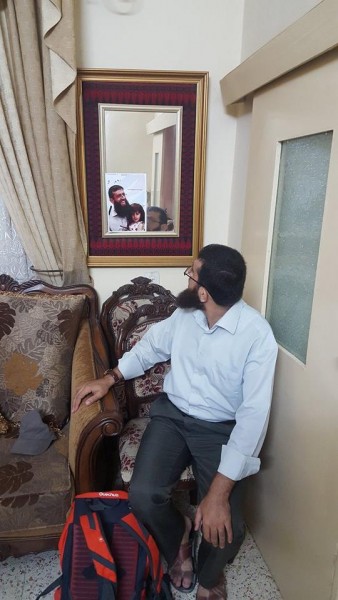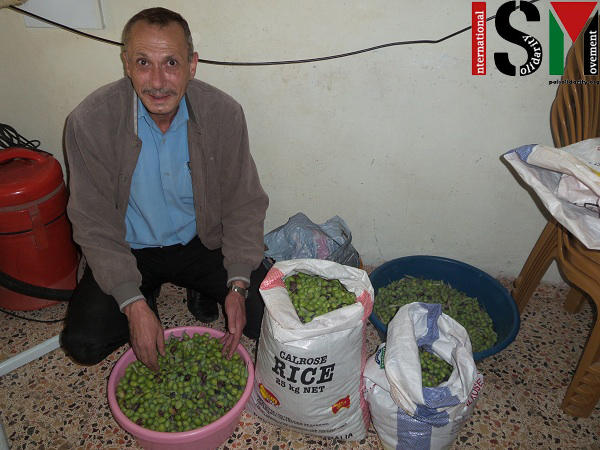Tag: Interview
-
Portrait with Fire: Khader Adnan
24th October 2015 | International Solidarity Movement, al-Khalil team | Anata, occupied Palestine “Some people think being jailed is a destiny. I say freedom is a destiny.” In Heather Christle’s stirring poem, Self Portrait with Fire, bending to conceal flaming legs, (s)he sets the grass on fire. On this day, sitting with Khader Adnan, Palestinian…
-
Remembering Hashem al-Azzeh
23rd October, 2015 |International Solidarity Movement, Al-Khalil Team | West Bank, occupied Palestine We are remembering our great friend & the great friend of Hebron, Hashem al-Azzeh, who gave this interview with ISM last year before his tragic passing earlier this week.
-
Sami Ali El Goga – The Story of a Gazan Fisherman
ISM Gaza met the fisherman Sami Ali El Goga, 36, who lost his hand and part of his arm the 12th March 2007, when he was attacked by the Israeli navy. In the same attack his boat was completely destroyed and his 13-year-old nephew, who was in the boat with him, sustained shrapnel wounds throughout his body.…



